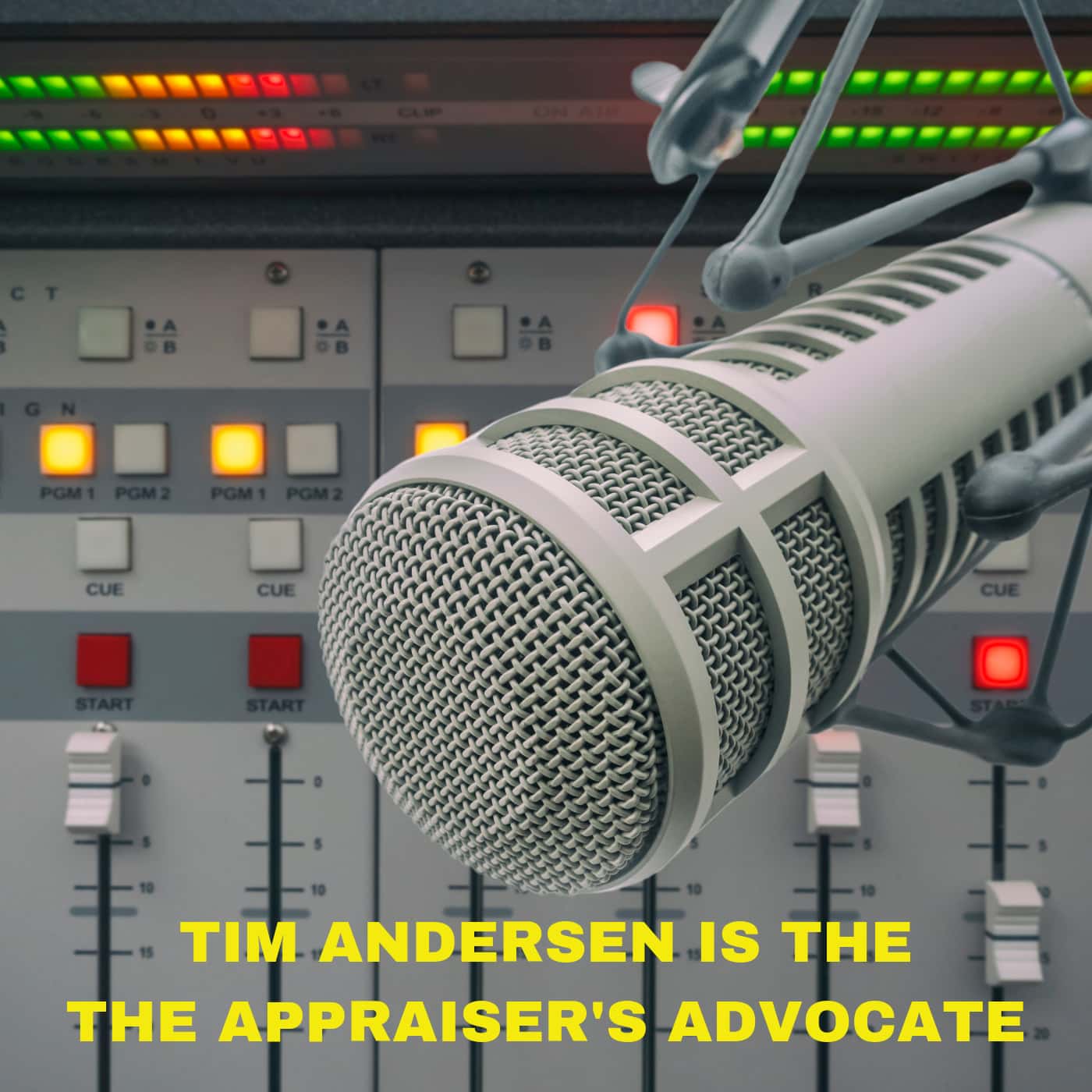Listen "USPAP and the Public Trust – TAA Podcast 137"
Episode Synopsis
USPAP and the Public Trust is a topic we appraisers do not address all that often. Perhaps we should, since there is confusion on the issue. At the base of this confusion is the fact appraisers think our job is to protect the public (i.e., the buyer, the lender, the client, the borrower, etc). In reality, this simply is not true. What USPAP does say is that it is USPAP's job to promote and maintain a high level of public trust in appraisal practice. Clearly, there is a difference between the two, don't you think?
When we think of USPAP and the Public Trust, it makes sense to put that thought into the context of protection. USPAP itself refers to protect or protection 114 times. Yet not one of these references is in the context of shielding someone from something or acting as someone's champion. Therefore, to conclude USPAP bestows on appraisers a responsibility to protect someone or something has no basis in fact nor practice. In fact, it is clear from the context of USPAP's definition of an appraiser that USPAP does not shoulder the appraiser with this champion's burden. How so? By definition, an appraiser is one who is "...independent, impartial, and objective..." It is essentially impossible to demonstrate these three attributes, as well as, simultaneously, to protect somebody from something.
Therefore, USPAP and the Public Trust refers to the reasons we give to the public to trust us, what we do, how we do it, and why we do it. For example, when it comes to adjustments, do we understand that merely because there is a difference between the subject and a comp, there might not be an adjustment? When we know when to make an adjustment, then we give the public reason to trust us.
When we think of USPAP and the Public Trust, it makes sense to put that thought into the context of protection. USPAP itself refers to protect or protection 114 times. Yet not one of these references is in the context of shielding someone from something or acting as someone's champion. Therefore, to conclude USPAP bestows on appraisers a responsibility to protect someone or something has no basis in fact nor practice. In fact, it is clear from the context of USPAP's definition of an appraiser that USPAP does not shoulder the appraiser with this champion's burden. How so? By definition, an appraiser is one who is "...independent, impartial, and objective..." It is essentially impossible to demonstrate these three attributes, as well as, simultaneously, to protect somebody from something.
Therefore, USPAP and the Public Trust refers to the reasons we give to the public to trust us, what we do, how we do it, and why we do it. For example, when it comes to adjustments, do we understand that merely because there is a difference between the subject and a comp, there might not be an adjustment? When we know when to make an adjustment, then we give the public reason to trust us.
More episodes of the podcast Tim Andersen, The Appraiser's Advocate Podcast
USPAP: Stones or Cities? TAA Podcast 161
22/09/2025
UAD 3.6: Blessing or Bother? TAA Podcast 160
08/09/2025
UAD3.6 is a Terror- TAA podcast 158
18/08/2025
Reconsideration of Value – TAA Podcast 155
23/06/2025
 ZARZA We are Zarza, the prestigious firm behind major projects in information technology.
ZARZA We are Zarza, the prestigious firm behind major projects in information technology.
